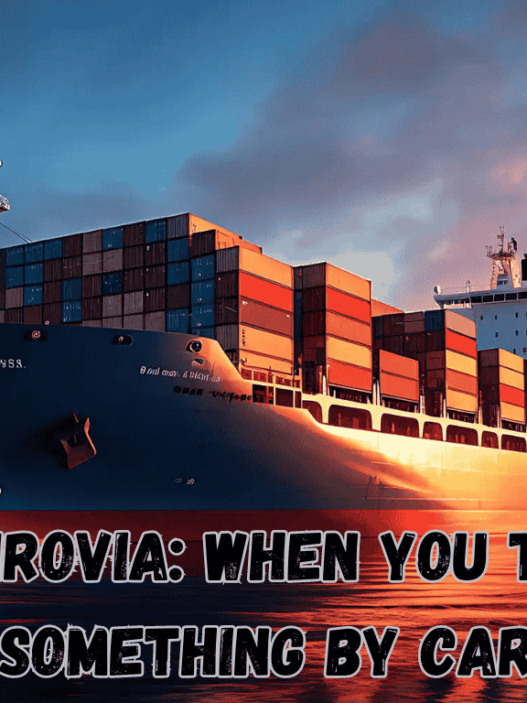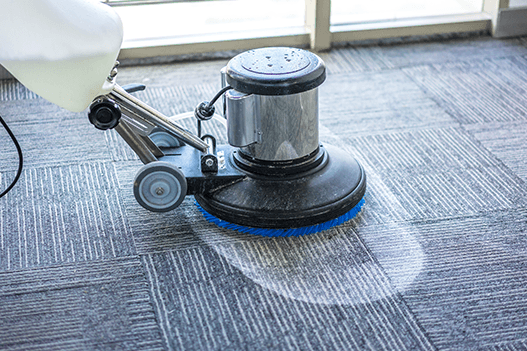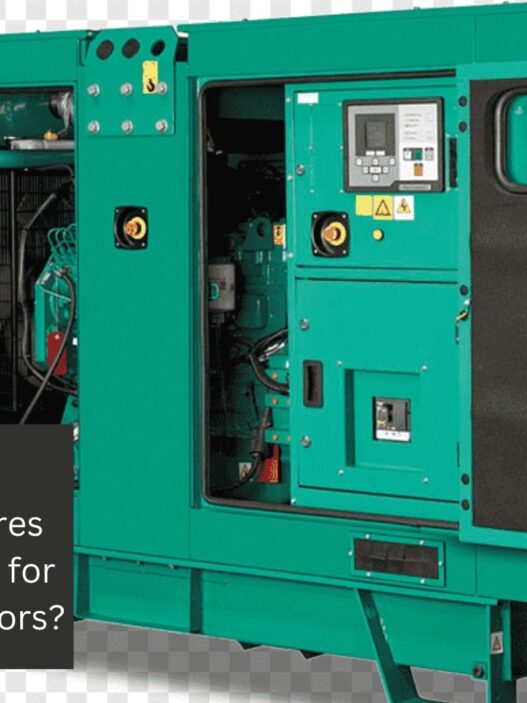Provision supply plays a critical role in various industries, ensuring that essential resources—ranging from food and beverages to equipment and spare parts—are delivered to vessels, offshore platforms, or remote locations. Whether it’s supporting a merchant ship during a long voyage, replenishing supplies for a luxury yacht, or providing necessary items to offshore rigs, the efficiency of provisions supply chains ensures that operations continue smoothly, no matter the location or conditions.
What is Provisions Supply?
Provision supply refers to the organized delivery of essential goods to ships, offshore platforms, or other remote installations. These supplies include:
- Food and beverages for the crew or passengers
- Fuel and lubricants for ship engines
- Safety equipment such as life jackets, medical supplies, and first aid kits
- Spare parts for machinery and systems
- Cleaning materials and everyday consumables
- Technical equipment for ship maintenance and operations
The goal is to ensure that these vessels and platforms remain operational, self-sufficient, and safe, even when far from shore.
Key Industries Dependent on Provision Supply
1. Shipping Industry For commercial ships that spend weeks or months at sea, provisions supply is crucial. These vessels need to carry enough food, fuel, and equipment to support the crew and sustain operations throughout the voyage. Global shipping routes can span continents, and resupplying at ports is essential for ensuring that the journey continues without disruption.
2. Offshore Oil and Gas Rigs Oil and gas platforms are often located in remote parts of the ocean, far from any land. Provisioning these rigs involves supplying food, water, safety gear, and technical equipment to maintain the platform’s workforce and machinery. Since oil rigs typically operate 24/7, the continuous and timely delivery of supplies is vital for smooth functioning.
3. Yachting and Cruise Industries Luxury yachts and cruise liners also rely heavily on provision suppliers. For these vessels, in addition to regular supplies like food and water, the quality and variety of goods are equally important. Fresh produce, gourmet meals, and high-end products are often requested, especially for luxury yachts catering to high-profile guests. Cruise liners, which serve thousands of passengers, need constant resupplying during port calls to maintain their high standards of service.
4. Military Vessels Naval and coast guard vessels also depend on reliable provision supply. These ships often conduct long missions, requiring not only basic provisions but also specialized technical equipment, fuel, and medical supplies.
The Provisions Supply Process
Provision supply is a complex operation that requires careful planning and coordination, especially when delivering to remote or moving vessels. Here’s an overview of the typical process:
1. Identifying Requirements The process starts with identifying the vessel’s needs. This involves taking inventory of current supplies and forecasting what will be needed for the upcoming journey or mission. The type of vessel, its crew size, the duration of the journey, and the destination are key factors in determining the amount and variety of supplies required.
2. Sourcing and Procurement Once the requirements are identified, the next step is sourcing the necessary items. Provision suppliers often have a network of trusted vendors to provide everything from fresh produce to technical spare parts. For ships with special dietary needs, fresh ingredients are often sourced locally to ensure freshness and quality.
3. Coordinating Delivery Delivery of provisions to a moving vessel can be challenging, especially when dealing with tight schedules. Most ships resupply at designated ports during layovers. However, in urgent cases or for offshore platforms, supplies may need to be airlifted or delivered via smaller service vessels. Timing and precision are critical to avoid disruptions in operations.
4. Onboard Storage and Distribution Once provisions are delivered, they must be carefully stored onboard to prevent spoilage, especially for perishable goods. Ships are equipped with specialized storage areas such as refrigerated rooms for fresh produce and dry storage for non-perishables. The crew is responsible for distributing supplies to various departments, ensuring that food, fuel, and technical equipment are readily available when needed.
Challenges in Provisions Supply
Provisions supply, though essential, comes with its set of challenges:
1. Remote Locations Delivering supplies to offshore platforms or ships located in remote areas is logistically complex. Weather conditions, distance, and time constraints can all hinder efficient delivery. In cases where ships are far from major ports, resupplying requires precise coordination to minimize downtime.
2. Maintaining Freshness For vessels on long journeys, keeping fresh produce and perishable goods in good condition can be difficult. Provision suppliers often need to ensure that goods are delivered quickly and stored properly. Modern refrigerated systems help preserve perishable items, but the logistics of timely delivery are critical to ensure quality.
3. Compliance with Regulations Provisioning companies must adhere to stringent regulations, particularly regarding food safety, customs, and environmental standards. Ships operating in international waters must meet the legal requirements of multiple jurisdictions, adding a layer of complexity to the supply chain.
4. Crew Welfare Providing nutritious and varied meals is essential for the health and morale of the crew, especially on long voyages. This requires careful meal planning and a well-stocked galley. Provision suppliers must understand the dietary preferences and restrictions of different crews, ensuring that meals are balanced and appealing.
The Importance of Sustainability
Sustainability is becoming an increasingly important aspect of provision supply. Ships and offshore platforms are focusing more on reducing their environmental impact, and this includes their provisioning practices. Many companies now opt for:
- Locally sourced goods to reduce carbon footprints
- Eco-friendly packaging to minimize waste
- Energy-efficient equipment to reduce fuel consumption
The move towards greener practices is reshaping how provision supply is managed, encouraging more sustainable sourcing and delivery methods.
Conclusion
Provision supply is a vital component of maritime operations, ensuring that ships, offshore platforms, and even luxury yachts can operate efficiently and safely. Whether delivering fresh food, fuel, or critical spare parts, the timely and organized provisioning of vessels helps keep operations running smoothly, even in the most remote locations.
As technology advances and sustainability takes center stage, the provision supply industry will continue to evolve, ensuring that vessels can navigate the seas while maintaining a reliable flow of essential resources. Whether you’re on a cargo ship in the middle of the ocean or a luxury yacht cruising the Mediterranean, the importance of a well-coordinated provision supply chain cannot be overstated.











